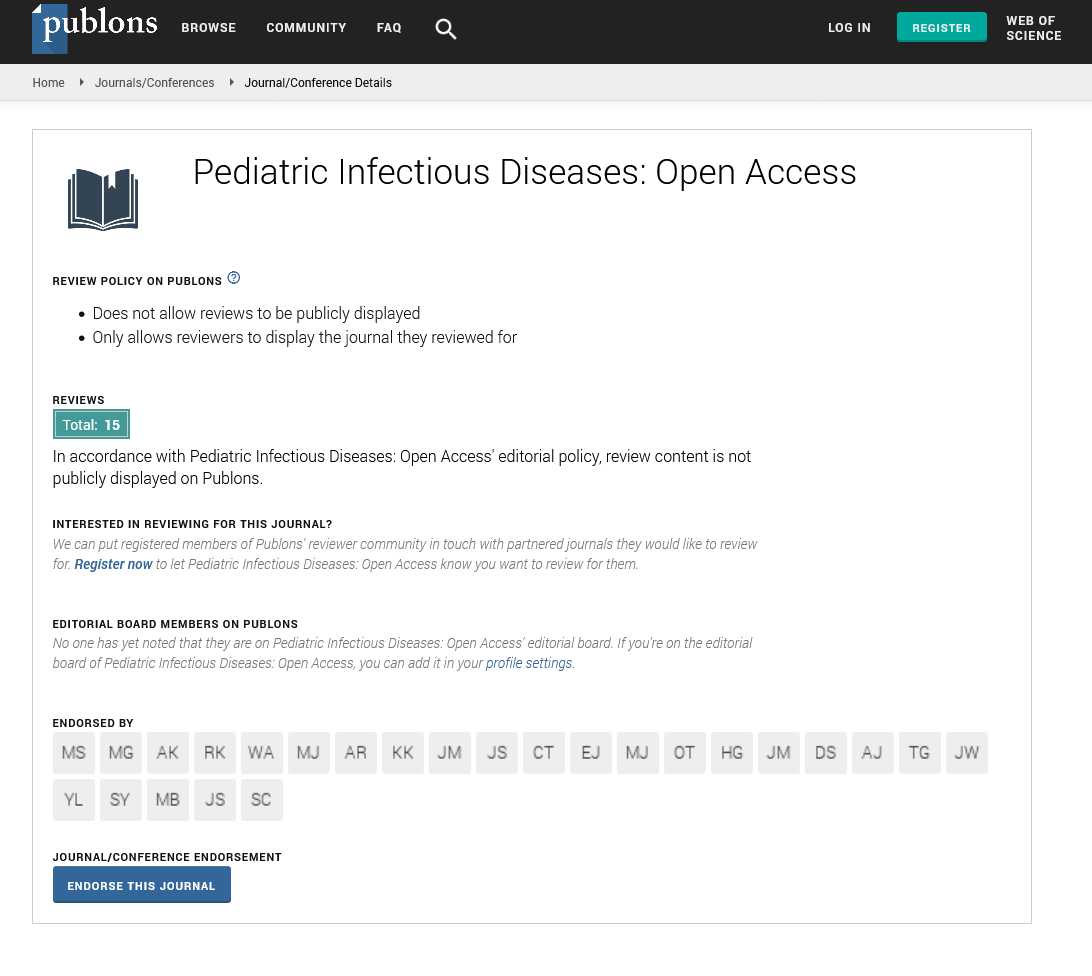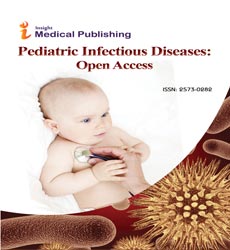Abstract
Neonatal Septicaemia in Poor Resource Settings
Neonatal septicaemia despite recent advances in hygiene and introduction of potent antibiotics has remained a major cause of morbidity and mortality worldwide. The developing countries worse as the incidence is as 56.9/1000 live birth in Nigeria. In our environment, the risk factors were low socioeconomic factors, delivery at home, maternal fever and use of traditional concoctions were the common finding and late presentation was another problem. In neonatal period, child immune defense mechanism is very low as the neonate whether term or preterm, have qualitative and quantitative deficiencies in cellular and humoral immunity compared to adults. When bacterial pathogens invade neonatal blood system, pro-inflammatory cytokines such as TNF-α, TNF-γ, interleukins a response followed rapidly by a surge of anti-inflammatory cytokines which include IL-10, IL-1RA, IL-13, IL-14, etc. Early presentation and prompt treatment with potent antibiotics improve the outcomes as most of those babies that presented early to our health facility and had treatment instituted early recovered well with no residual complication.
Conclusion: Therefore counselling and empowerment of mother of sick neonates play an important role in the mother to present such ill neonate whom may turn out to be a septicaemic neonate. This means early presentation to health facility, early diagnosis and early appropriate treatment thereby saving the neonate.
Author(s):
Pius S and Bello M
Abstract | Full-Text | PDF
Share this

Google scholar citation report
Citations : 230
Pediatric Infectious Diseases: Open Access received 230 citations as per google scholar report
Pediatric Infectious Diseases: Open Access peer review process verified at publons
Abstracted/Indexed in
- Google Scholar
- China National Knowledge Infrastructure (CNKI)
- Cosmos IF
- Secret Search Engine Labs
Open Access Journals
- Aquaculture & Veterinary Science
- Chemistry & Chemical Sciences
- Clinical Sciences
- Engineering
- General Science
- Genetics & Molecular Biology
- Health Care & Nursing
- Immunology & Microbiology
- Materials Science
- Mathematics & Physics
- Medical Sciences
- Neurology & Psychiatry
- Oncology & Cancer Science
- Pharmaceutical Sciences


